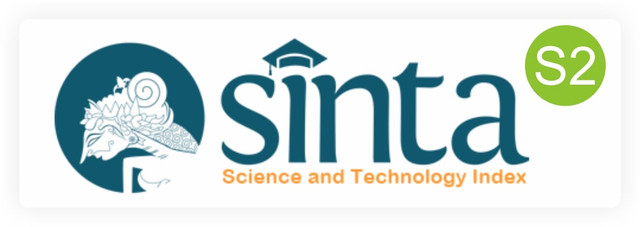Anti-hyperlipidemic effect of Indonesian mangosteen peel extract in dyslipidemia-induced rats
DOI:
https://doi.org/10.12928/pharmaciana.v13i3.26255Keywords:
antioxidant, dyslipidemia, hypolipidemic, mangosteen, lipidAbstract
Dyslipidemia, is due to an increase in blood lipid levels, which include cholesterol, triglycerides and low-density lipoprotein. Dyslipidemia is expected to remain as a major risk factor for cardiovascular diseases, diabetic and atherosclerosis. Mangosteen is an antioxidant agent that can exhibit a potential free radical scavenging property and protected oxidation of low-density lipoprotein. The aim of this research was to determine hypolipidemic and antioxidant effect of mangosteen peel extract (MPE) in dyslipidemia rats. Lipid profile including cholesterol total (CHOL), triglyceride (TG), High Density Lipoprotein (HDL) and Low-Density Lipoprotein (LDL) of dyslipidemia rats were measured using photometric method. Rats were fed cholesterol for 4 weeks until rats were indicated dyslipidemia. After rats suffered dyslipidemia, the high cholesterol feed was stopped and rats were given mangosteen peel extract 1000; 500; 250 mg/Kg body weight (bw) daily for 14 days (first treatment) and 28 days (second treatment), negative control (normal feed), and positive control (dyslipidemia rats). MDA plasma level also was measured. The CHOL, TG, LDL and HDL of dyslipidemia rats remarkable decreased after treated by 1000 mg/Kg mangosteen peel extract. After 28 days of treatment, the CHOL, TG and LDL were critically declined by 1000 mg/Kg mangosteen peel extract. MDA plasma level showed decreased in all treatments after 28 days of treatment. The dyslipidemia rats treated by mangosteen peel extract showed hypolipidemic activity, according to decreased level of lipid profile including cholesterol, triglycerides and LDL. The MDA level can also be decreased by mangosteen peel extract by increasing the concentration.Downloads
Published
2023-12-16
Issue
Section
Biology Pharmacy
License
Authors who publish with Pharmaciana agree to the following terms:
- Authors retain copyright and grant the journal the right of first publication with the work simultaneously licensed under a Creative Commons Attribution License (CC BY-SA 4.0) that allows others to share the work with an acknowledgment of the work's authorship and initial publication in this journal.
- Authors are able to enter into separate, additional contractual arrangements for the non-exclusive distribution of the journal's published version of the work (e.g., post it to an institutional repository or publish it in a book), with an acknowledgment of its initial publication in this journal.
- Authors are permitted and encouraged to post their work online (e.g., in institutional repositories or on their website) prior to and during the submission process, as it can lead to productive exchanges, as well as earlier and greater citation of published work.



1.png)











